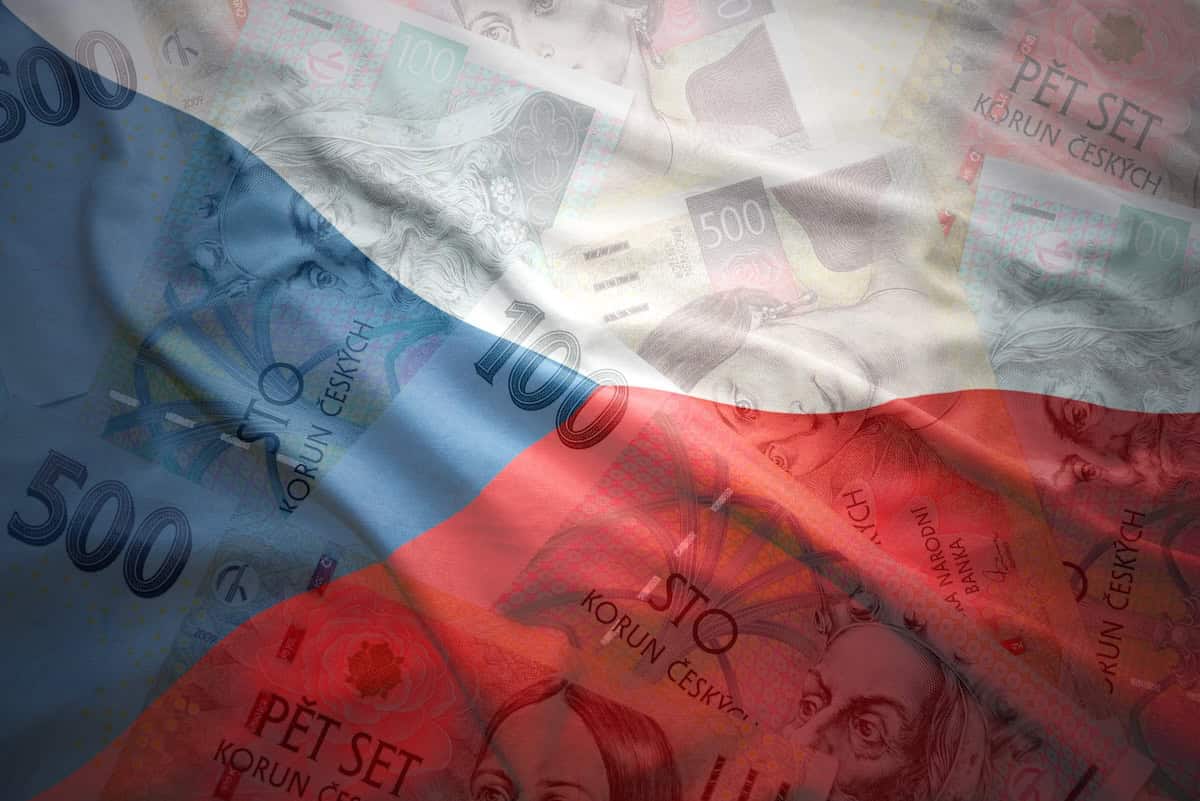In an impressive turnaround, the Czech Republic’s consumer price index has sunk from a hefty 17.5% in February of last year to 2%—the Czech National Bank’s target—in June of this year. It’s the biggest percentage drop in inflation in the developed world since the beginning of 2013.
Since assuming office at the peak of the republic’s inflation crisis in 2022, CNB Governor Aleš Michl has been implementing a unique and rather unorthodox strategy to combat price hikes.
First, he put a damper on further interest rate hikes, saying he would promote a well-communicated stance of higher rates for longer rather than the former “rushed, volatile, ad-hoc policy moves and experiments.”
Michl, formerly a co-founder of an algorithmic asset-management fund, went on a media campaign focused on lowering inflation expectations. By talking to Czech tabloids and through social media outlets including Instagram, Facebook, and X (formerly Twitter), he communicated to the public that the problem was a supply chain bottleneck that would reverse as soon as the post-Covid crisis demand for goods returned to normal.
The height of the campaign came when Michl appeared on a Facebook post by the CNB using a ketchup bottle to explain his analysis.
“It’s like opening a new ketchup bottle,” he said, “turn it over and nothing comes out, the ketchup is stuck in the bottle. This shortage of goods led to rising prices. When the problems in the supply chains are solved and demand normalized, there is a surplus of goods: similar to when the ketchup finally flows out of the bottle, but much more than you wanted.”
The other part of Michl’s plan was to strengthen the Czech koruna, on the theory that a heavy flow of euros into the economy at a higher price was partly to blame for the price increases.
Despite hitting the 2% inflation target twice in the last three readings, Michl still sees a long way to go before claiming victory over inflation. “My work will be judged by long-term results and not only by inflation numbers this year,” he predicts. The market, however, sees plenty of room for further rate cuts.
